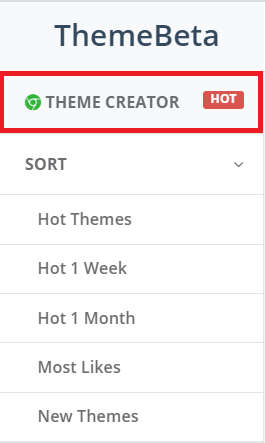
You will get the same results regardless of the browser being used. Not every page of every site can be searched but these two searches will work in Edge or Chrome or Firefox. It would be great to have this functionality on EDGE too!Įdge and Chrome are browsers, not search providers. I did the same enquiry on Chrome and found the product I was looking for. I know because I was searching for a specific ingredient in a health supplement on a site that I knew had a product containing that ingredient and no search results were returned. Using this feature, search result pages can link directly to the keyword that was searched for a user clicks clicks on the search result.That's what I thought. The Scroll-To-Text feature also has a use case when it comes to search engines. For example, the phrase below would link to the first phrase that starts with "bleeping" and ends with "best". If you wanted to link to a specific phrase, you would use an url that contains the first word followed by the last word in the phrase. This feature will use specialized URLs that depending on how they are crafted will either link directly to the first specified word on the page or to a range of words.įor example, to link to the first occurrence of the word "bleeping", an url would be crafted like: search engine results pages, Wikipedia reference links), as well as by end users when sharing links from a browser.

We believe this capability could be used by a variety of websites (e.g. To enable scrolling directly to a specific part of a web page, we propose generalizing the existing support for scrolling to elements based on the fragment identifier.

Fewer than 1% of clients use the "Find in Page" feature in Chrome on Android. This is especially true on mobile, where it can be difficult to find specific content when scrolling through long articles or using the browser's "find in page" feature. When following a link to read a specific part of a web page, finding the relevant part of the document after navigating can be cumbersome.


 0 kommentar(er)
0 kommentar(er)
